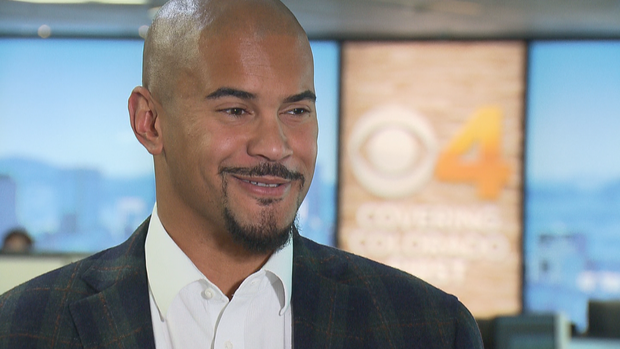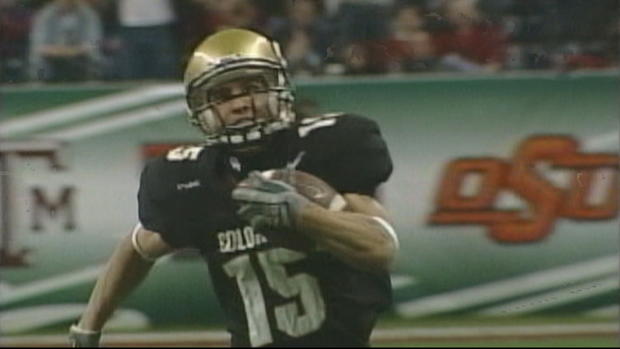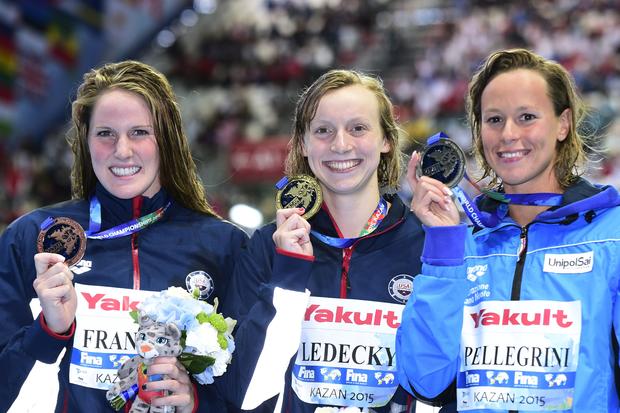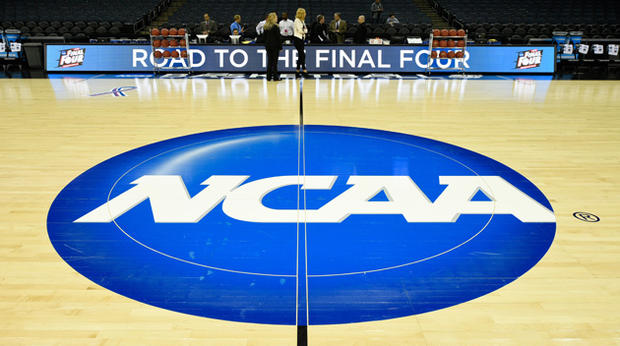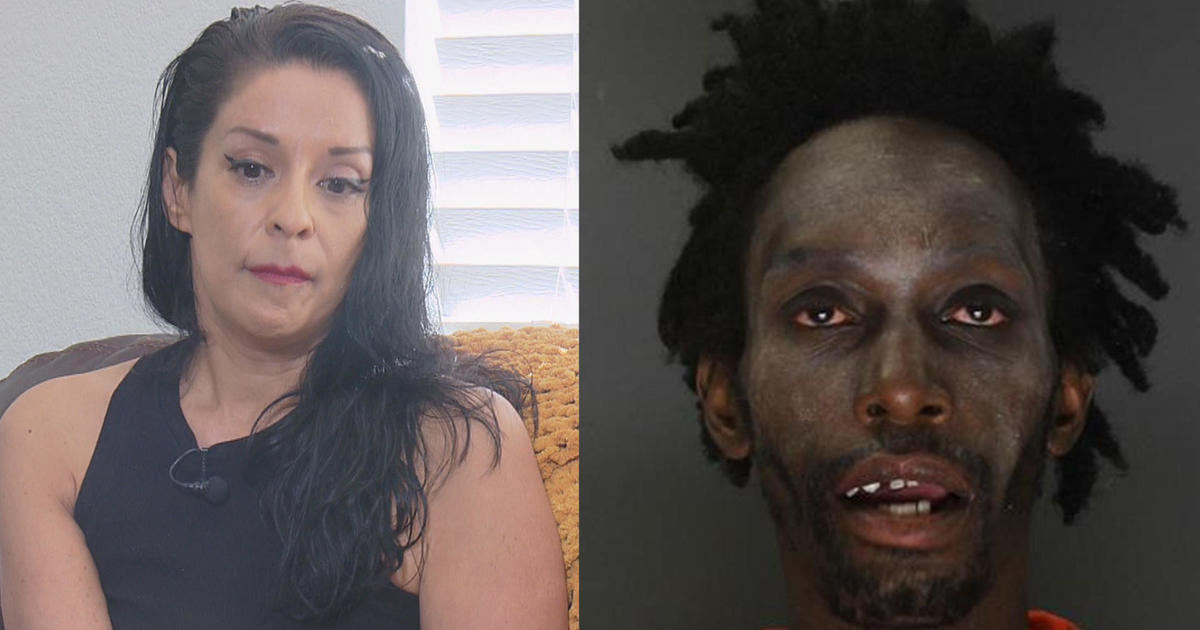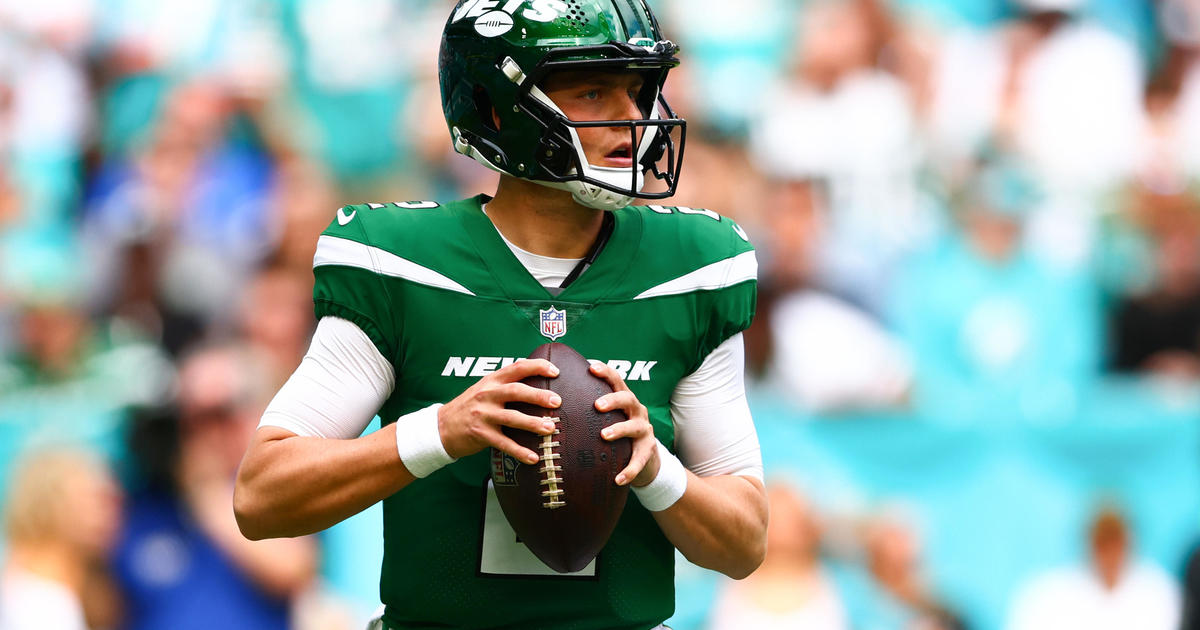Ryan Harris Among Coloradans Who Welcome Potential NCAA Policy Change For College Athletes
DENVER (CBS4) - Getting paid to play isn't just for the pros anymore. NCAA officials on Tuesday opened the door for student athletes to financially benefit from any use of their name, image and likeness (NIL), marking a major shift in the rules governing collegiate sports.
"It's about time," Ryan Harris, a former Denver Bronco and offensive lineman for Notre Dame, told CBS4.
Now a Super Bowl 50 champ, Harris said the NCAA has blocked student athletes from financially benefiting from their talents long enough. College athletes, he explained, bring in millions of dollars to their schools every year.
"The PAC 12, for example, is the lowest producing network of all the Power Five conferences," he said. "They're valued at over $2 billion. That's a lot of money that these kids are literally producing the content and getting none of the reward."
Perhaps no one makes a better case for allowing college athletes to be paid than Jeremy Bloom. The NCAA forced him to choose between college football and Olympic skiing, saying he couldn't accept endorsements to pay for skiing while playing football at the University of Colorado.
"As human beings we deserve the right to monetize our skills," he told CBS4's Shaun Boyd in April. "Some of these kids are making millions and millions of dollars for their university. They literally sell their jersey in the school store and across the state."
Harris said he recently had Bloom on his radio show to discuss the NCAA's recent decision.
"He gave up $700,000 per year to play at CU when he was the number one skier in the world," Harris said. "You look at an athlete like Missy Franklin. How much money did she lose not being able to capitalize on her trip to the Olympics because she was going to Cal?"
More than putting money into pockets, Harris said the policy change is also a valuable opportunity for student athletes to learn important lessons outside the classroom.
"You'll get to learn lessons of money," he said. "How do you manage things? How do you say 'no' to family? What do you spend your money on? How do you invest your money? These are four huge questions that plague athletes of every sport when they're done playing in college, whether they go to the pros or not."
The NCAA policy won't become official until January 2021, and it's not clear how it'll be implemented. CU Athletic Director Rick George is one of four Division I athletic directors serving on a working group committee to provide more specific recommendations for the changed policy.
"The working group will continue our efforts in defining the principles and framework around NIL," George said in a statement. "We will collaborate with a variety of stakeholders to come up with one set of proposed standards that applies evenly and fairly to all universities."
Harris added it's also important for states like Colorado to keep pursuing their own laws for paying college athletes to hold the NCAA accountable.
"This only happened because California passed their Pay to Play bill and that was really the catalyst for other states," he said. "Now the NCAA really has to react. They're a reactive organization, a multi-billion dollar organization that doesn't have to do much, so without states pushing nothing really will be changed."
Colorado Senators Owen Hill and Jeff Bridges plan to introduce legislation that allows college athletes to be paid and sponsored, and prohibits the NCAA from punishing them or their schools. That is expected to be introduced in January.
